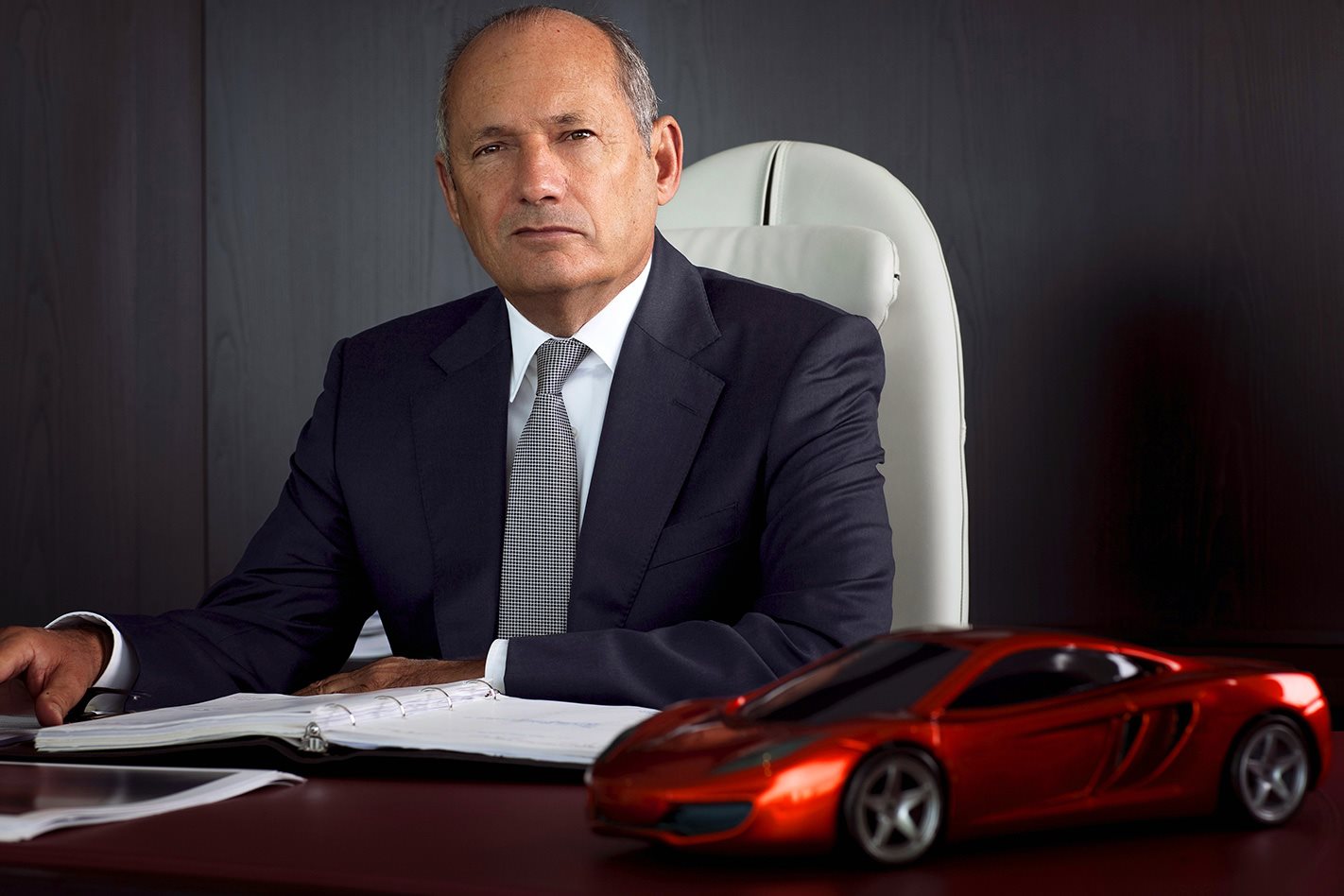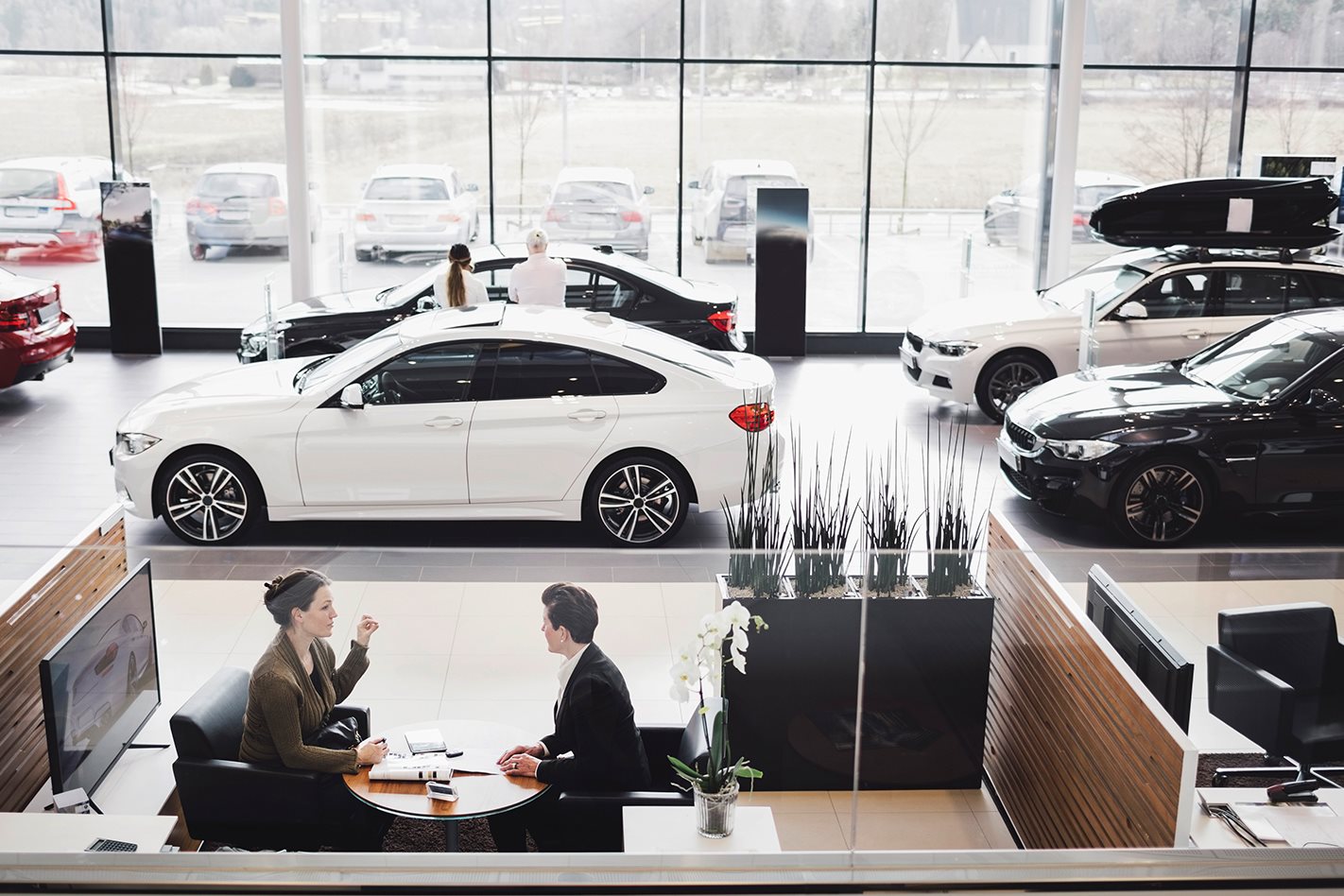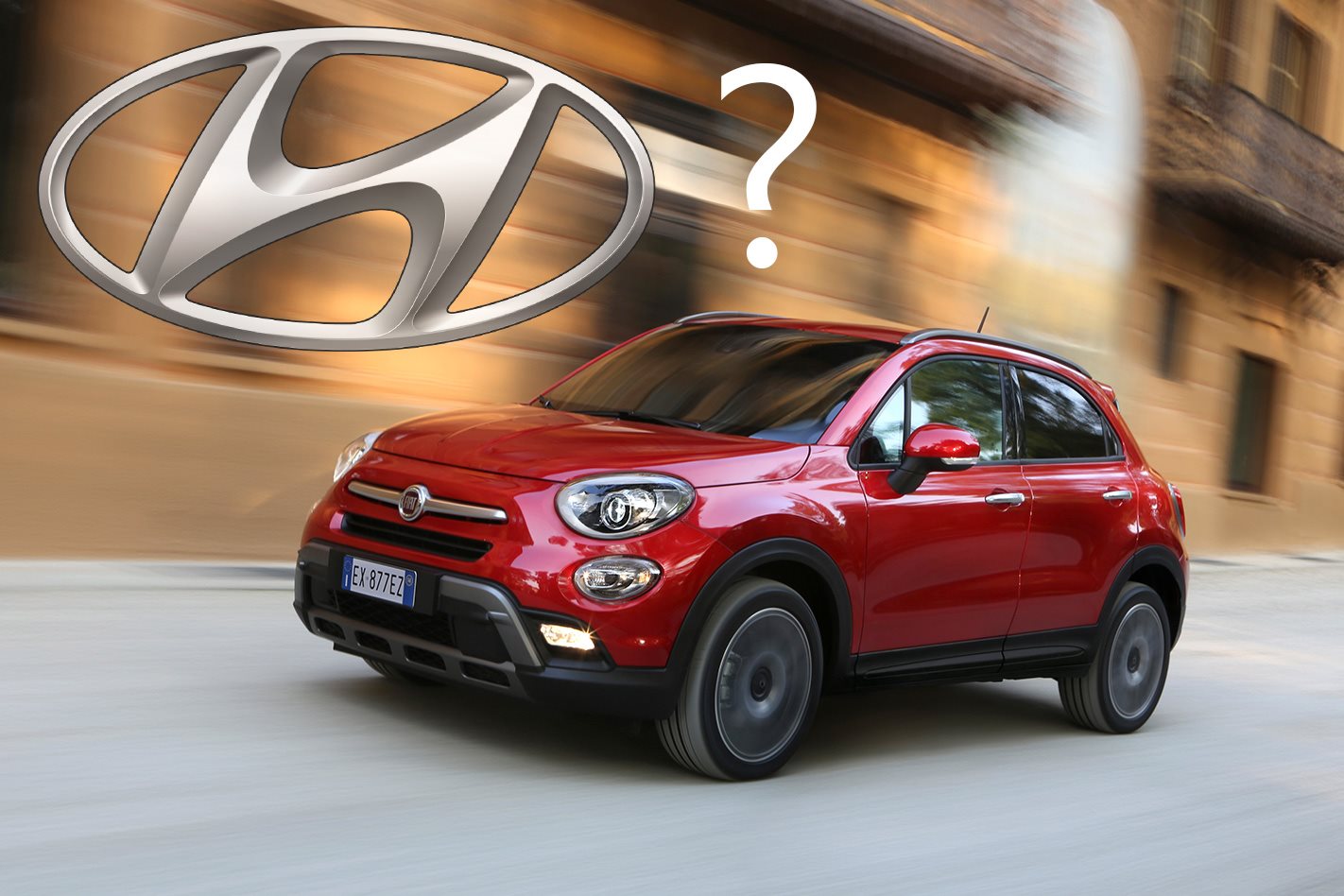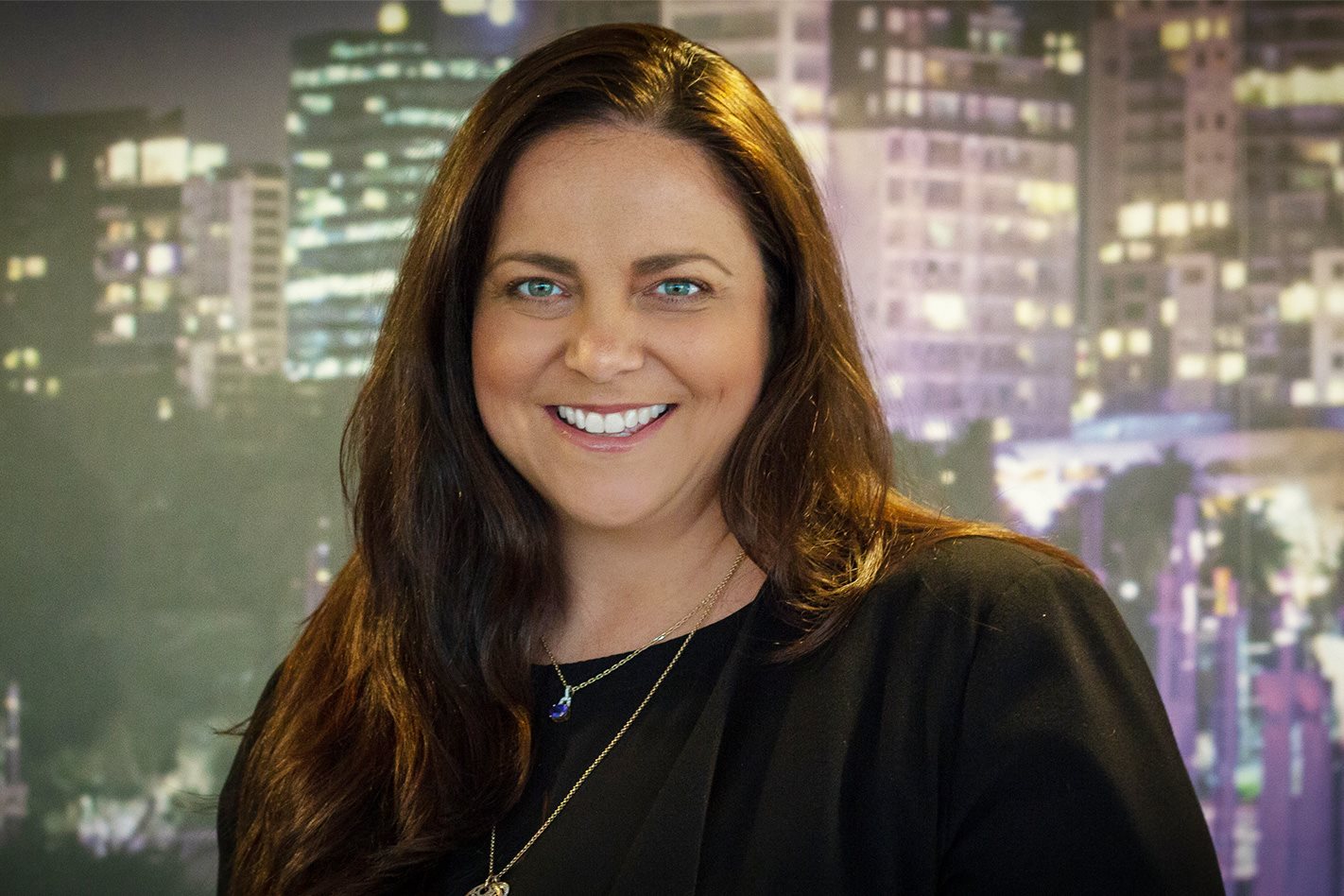Ron Dennis is head of McLaren no more.
After 35 years as chief executive of the Formula 1 team and supercar brand, Dennis stepped down on November 16 after a meeting with shareholders the day prior.
The news comes after an agreement between Dennis’ long-time business partner and TAG boss Mansour Ojjeh sided with the Bahrain Mumtalakat fund in having him removed.
Dennis was unable to retain his position despite having a 25% ownership of the McLaren group; however Mumtalakat holds a 50% share and Ojjeh 25%.
It was decided Dennis’ style of leadership was not in step with the brand as it bids to continue its strong road car growth in the future.
Releasing a statement on the decision, Dennis said he was disappointed and labelled the call “entirely spurious.”
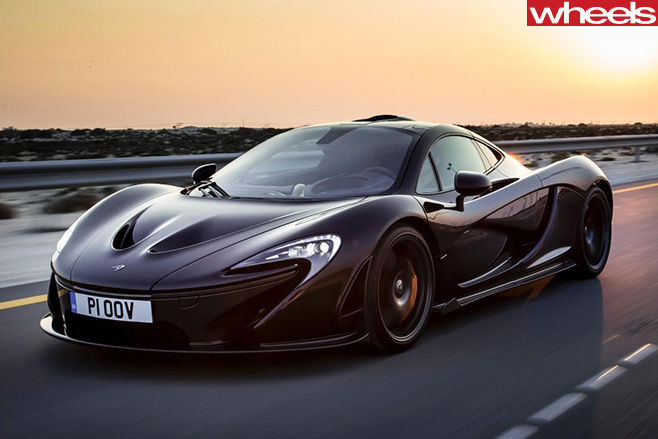
He will continue to have a say in the goings on at McLaren though, retaining his spot on the boards of the McLaren Technology Group and McLaren Automotive.
McLaren has evolved a great deal under the powerful character over the past few decades, to keep up in a world of motorsport increasingly ruled by money.
Once a small squad dedicated to Formula One-only exploits based out of Surrey in the U.K, the brand is now one of the most successful and well-funded teams, as well as being renowned for its highly sophisticated road cars.
This change, a large part for the better; is down to the shrewd-minded Dennis more so than anyone else.
Dennis is one of just three men to have held the top job at the company in its 53 year existence, following only founder Bruce McLaren and American entrepreneur Teddy Mayer.
While details remain sketchy, commercial F1 figure Zak Brown is believed to be the leading contender to replace the outgoing boss, as the F1 team looks to attract a title sponsor.
Since Dennis took over from Mayer in 1981 as head, the F1 squad has won ten drivers championships with legendary talents Niki Lauda in 1984, Alain Prost in 1985, 1986 & 1989, Ayrton Senna in 1988, 1990 & 1991, Mika Hakkinen in 1998 & 1999 and Lewis Hamilton in 2008.
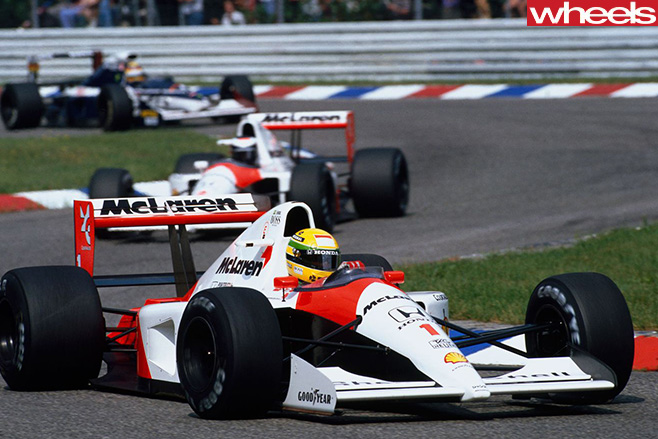
That season an underpowered and inefficient Honda engine saw the squad plunge from 5th in constructor’s points in 2014 to 9th in 2015.
2016 has seen a surge in engine performance to all but secure 6th in the constructors, although the target of picking up multiple podiums by years end has remained well off.
This slower than expected rise up the Formula One grid alongside Dennis’ somewhat autocratic style of leadership has now culminated to provide a final nail in the coffin.
Things have been better on the road car front however, with it now being strange to think McLaren had a comparatively limited production car output prior to 2011, barring the limited run F1 and Merc-engined SLR.
The F1 was McLaren’s first ever road car, coming as the brainchild of Dennis and technical director Gordon Murray following the squads immense Formula 1 title success in the 1980s.
Released in 1992, the F1 was hailed as the greatest supercar of its generation, as well as one of if not the best of all time.
Best known for its top speed of 386km/h, just 64 road-going versions were made, with production wrapping up in 1998.
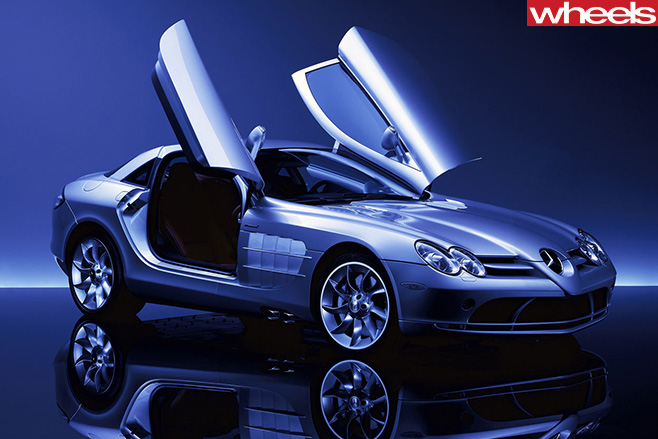
Produced between 2003 and 2010, the two door racer inspired grand tourer was built by McLaren, with engines supplied by Mercedes.
After production of the SLR wrapped up, McLaren finally established itself as its own manufacturer of mainstream supercars, through the likes of the MP4-12C in 2011, the P1 in 2012 and the currently available 650S, 570S and 540C.
The popularity of these cars has played a huge part in keeping the brand relevant and profits consistent, making their road cars arguably more important than its F1 division.
Dennis has now been placed on ‘gardening leave’ until the years end, meaning he will be unlikely to feature at the final round of the F1 season at the Abu Dhabi Grand Prix from November 25-27.

